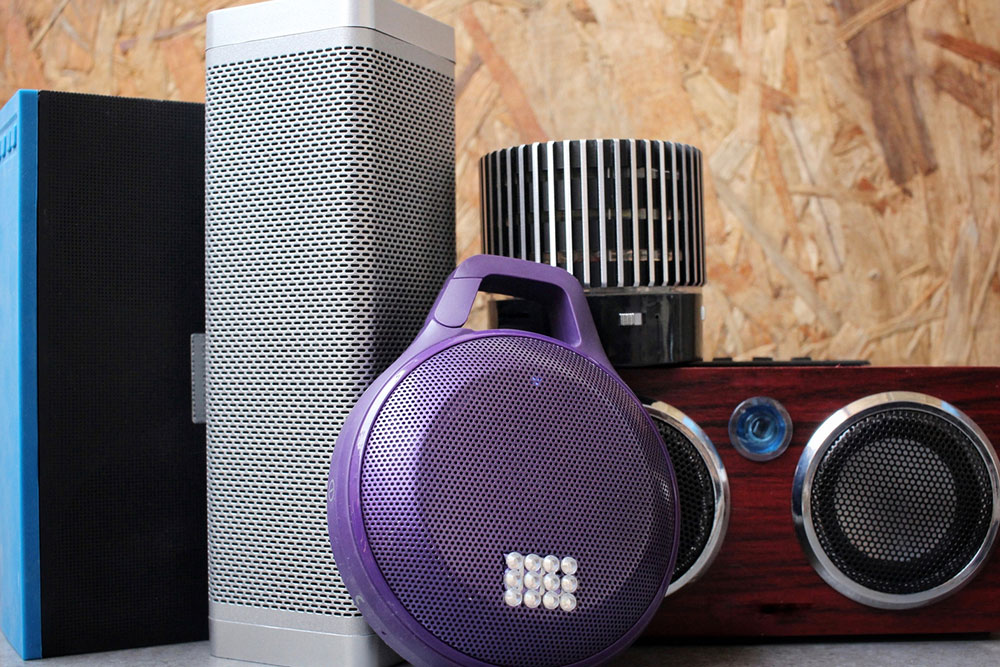5 things to consider when buying a Bluetooth speaker

Bluetooth speakers have maintained their popularity in the market for a while now. Not only are they generally handy and portable to carry on adventures, but they also do not compromise on sound quality. However, these devices can be quite expensive, so it is always better to check certain specifications before making a purchase. Let’s learn about the five most important things customers should keep in mind when buying a Bluetooth speaker.
Battery life
One of the major selling points of Bluetooth speakers is the ability to use them wirelessly. This feature makes their battery life an important specification to consider when purchasing one. When riddled with a speaker with poor battery life, one is likely to spend more time looking for a plug point to charge the speaker constantly, which can be inconvenient.
While the speaker’s battery life may not be a significant concern for home use, it is essential for those planning to use the speaker for longer periods. It is recommended to invest in a speaker that can run for 8-12 hours at a single charge to avoid the hassle of frequent charging.
Size
Again, this is one of those factors that won’t bother home users. However, for music lovers on the go, the portability of Bluetooth speakers is a significant concern. Before buying, check the dimensions and weight of the speaker to make sure it is portable and can be carried around easily.
Audio quality/frequency response
What’s the purpose of buying a speaker if it does not deliver high-quality audio? Generally, larger speakers provide a more complete sound experience, but they are not portable for trips. When buying a smaller speaker, the audio quality may be slightly compromised. However, it is still possible to achieve premium sound by selecting the appropriate specifications as required. Look for the following features when buying a quality speaker:
- A sensitivity of over 90 dB
- Impedance between 6-8 Ohms, and
- A frequency response between 20 Hz to 20 kHz
Water and dust resistance
Speakers are also susceptible to damage caused by water and dust, especially when using them outdoors. That is why customers must also pay attention to their resistance to these elements of nature. On the packaging, look for the speaker’s protection classification. Here’s a short guide to some of the symbolism manufacturers use:
- IP66 – Protection against high-pressure (12.5 mm) water jets
- IP67 – Water-resistant up to 3 feet underwater for up to 30 minutes
- IP68 – Water-resistant in fresh water (maximum depth of 1.5 meters) for up to 30 minutes
- IP69 – Resistant to close-range high-pressure water jets
- IPX7 – Water-resistant for up to 3 feet underwater for up to 30 minutes
Bluetooth version
Bluetooth technology has been constantly evolving. Newer versions can support longer connection ranges, faster transfer speeds, and a stronger signal. Most modern speakers today support Bluetooth 5, which offers a higher connection range than its successor, Bluetooth 4.
Other Bluetooth speaker features that may add to the user experience include smart capabilities that can respond to voice commands. Another useful feature could be the ability to support multiple types of jacks, such as USB, micro-USB, or AUX cables, which can improve overall connectivity.



